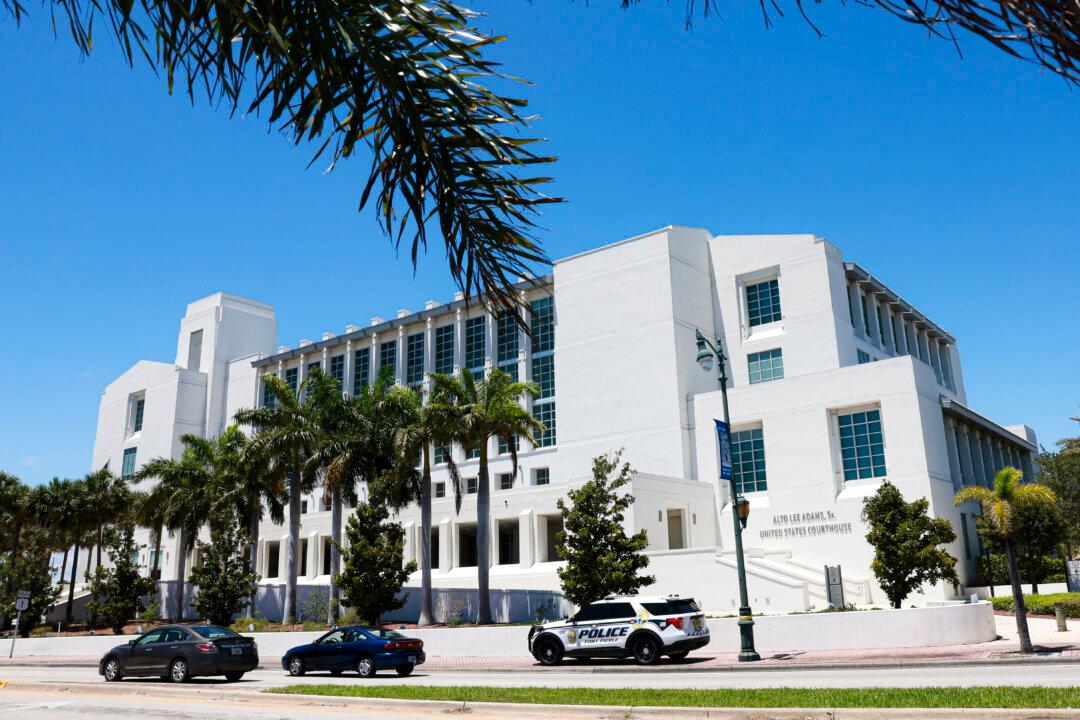U.S. District Court Judge Aileen Cannon held two hearings in former President Donald Trump’s classified documents case on June 24, with arguments on special counsel Jack Smith’s appointment and a request to modify the conditions of release for the former president.
The modified conditions, effectively a gag order, may rely on a close reading of former President Trump’s social media statements. The arguments focused not on First Amendment issues, as previous gag orders have, but a standard of “safety.”




